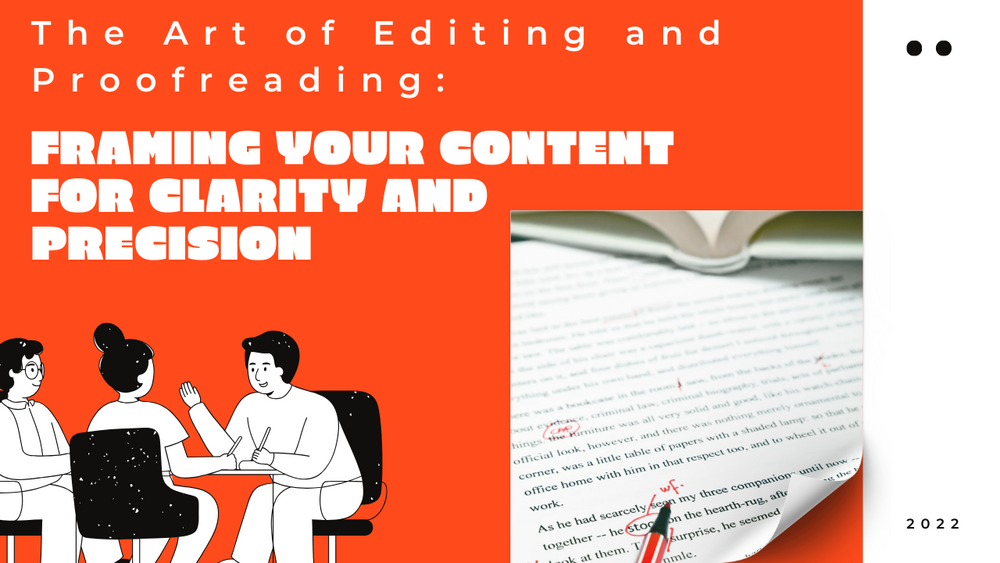User talk:Seanmason001
Editing focuses on improving the content's structure, style, and flow. It involves checking for clarity, logical transitions, and overall coherence. Proofreading, on the other hand, deals with surface-level errors such as grammar, punctuation, spelling, and formatting inconsistencies. Together, these two processes ensure that the final document is polished, professional, and error-free.
When framing content for academic purposes, editing and proofreading become even more critical. Scholars and researchers need to present their ideas effectively, following the required formatting and citation styles. For instance, students working on dissertations can benefit from dissertation help to ensure their work meets academic standards.
Why Editing and Proofreading Framings Matter
1. Enhancing Clarity and Readability
Editing helps in refining complex ideas, ensuring that the language is clear and concise. A well-structured document guides readers effortlessly through the argument or discussion.
2. Ensuring Consistency and Accuracy
Proofreading ensures that grammar, spelling, and punctuation are accurate. It also checks for consistency in formatting, citation, and referencing, which is particularly crucial for legal research papers. Those working on legal dissertations can leverage law dissertation help for expert assistance.
3. Strengthening Logical Flow
Proper framing of content ensures that arguments and ideas transition smoothly from one section to another. This logical structuring enhances the persuasiveness and credibility of the document.
Conclusion
The art of editing and proofreading framings is a vital skill that significantly impacts the effectiveness of written communication. By refining structure, ensuring consistency, and eliminating errors, these processes elevate the quality of academic and professional writing. Whether you are working on a dissertation, research paper, or legal document, editing and proofreading ensure that your work stands out for its clarity and precision.
